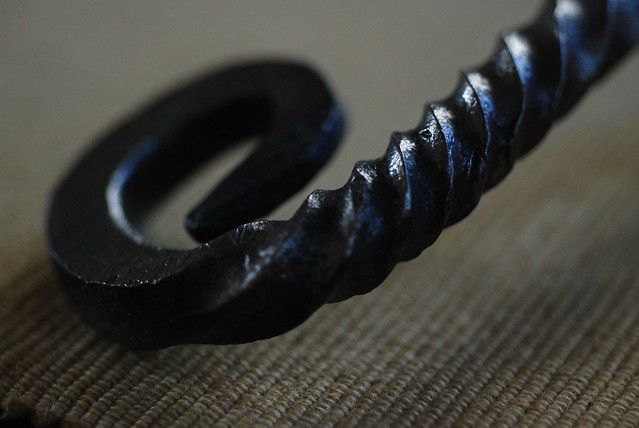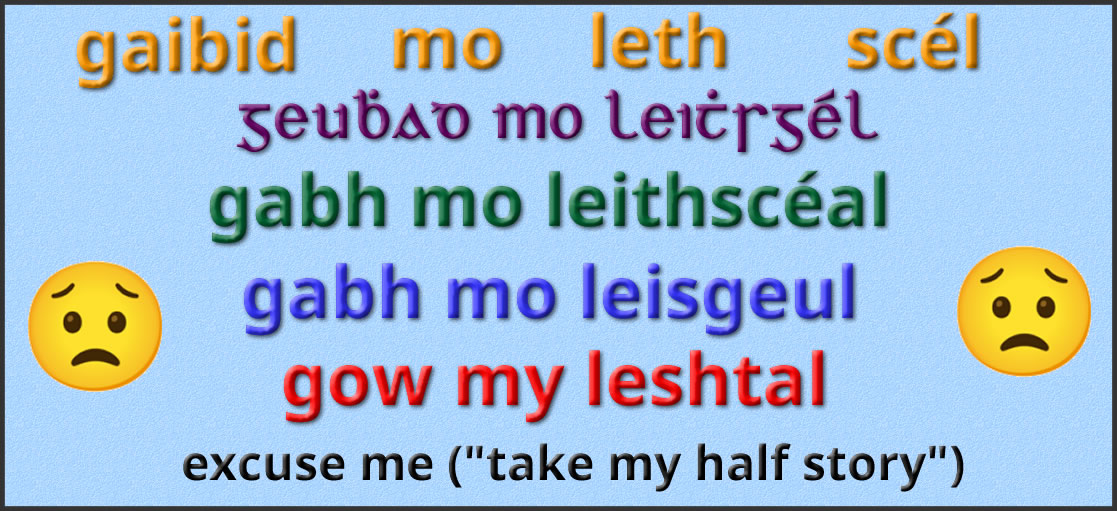The cancan is a “high-kicking chorus line dance originating in France”, and also a “a trick [in motocross] where one leg is brought over the seat, so that both legs are on one side.” [source].
Accorrding to the English version of Wiktionary, it comes from the French cancan [kɑ̃.kɑ̃], which refers to the dance, and also means gossip.
Apparently there was a disbute at the Collège de France in around 1550 about the pronunciation of the Latin word quamquam – some scholars favoured the reconstructed Latin prononuciation of [ˈkʷam.kʷã(m)], while others preferred the French Latin pronunciation of [kɑ̃.kɑ̃]. Since then, cancan has referred to “any kind of scandalous performance”.
Accorrding to the French version of Wiktionary however, cancan (gossip) originally meant a loud noise about something, and comes from quanquan (noise, brilliance for a trifle, a narrative full of slander, an indiscreet report), from the Latin quamquam (although, while), from quam (in what way, how, as much as).
Alternatively, cancan might come from the Arabic كانكان (kan kan), which means futile talk.
The cancan, as in the dance, comes from a children’s name for canard (duck), and is onomatopoeic inspired by the quacking of ducks and evocative of their waddling.
Related words in French include cancaner (to gossip (maliciously), to quack), cancaneuse (a gossip), and cancanier (gossiping, gossip, gossipy).
Incidentally, the word gossip comes from the Middle English godsybbe/godsib (a close friend or relation, a confidant, a godparent), from the Old English godsibb (godparent, sponsor), from god (god) and sibb (relationship, peace) [source].









